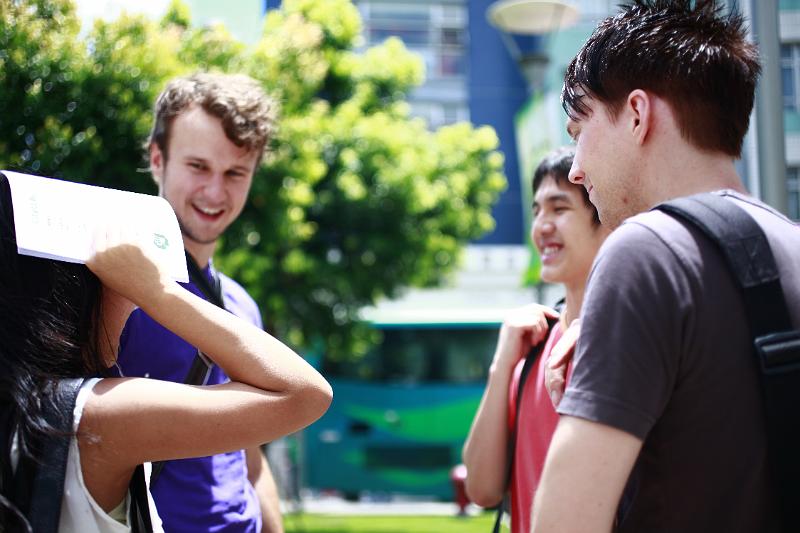
In my first year at CityU, I fondly remember calling my return to home as “moving from one home to another”. It has been three long years for me at CityU, of which I have spent one year on exchange at two different places - Tsinghua University in Beijing, China, and McGill University in Montreal, Canada.
China and Canada are not only geographically apart but also culturally. While in China students prefer listening to the professors, Canadian students prefer asking questions when they have doubts. Class participation is done out of need and not out of compulsion. In China, students think twice before stating anything negative about their group-mates’ work because they care about the feelings of their peers. This goes in line with the belief that Asians like to send messages more implicitly. Imagine the problems I would have had to face if I had not known this! Luckily, I had done my homework to figure these things out.

Read about the country where you exchange because reading prepares you for the changes that you’re bound to face once you go there. For starters, you could simply Google the name of your University and read blog posts by the students or even Youtube it to get a feel for the campus and dorms.
Talk to the inbound and outbound exchange students. These students can provide you with information that no one else can provide. You should ask them questions about things that you must carry with you on exchange (must-have documents, clothes), necessities for living in the dorms or off-campus (fully furnished?), travelling tips (budget for travelling, must-see places), study tips (courses worth taking, cultural norms within the college).
Make a note of things that you have learnt so that you can share them with the others as well as refer to them later for yourself. For instance, I maintained a weekly diary cum planner wherein I jotted down new things I had done (e.g. tried food from the local restaurant) and learnt (e.g. Canadian slang, skiing, skating). As a result, by the end of your exchange you will have a database of your learning that you will treasure post-exchange.
In order to have a cushion for the cultural shock, I suggest that every inbound and outbound exchange student must do these things. Life has almost come one whole circle for me with cultural highs and lows. I have learnt throughout this journey of exchange and I hope all of you who get an opportunity to exchange can learn too.


